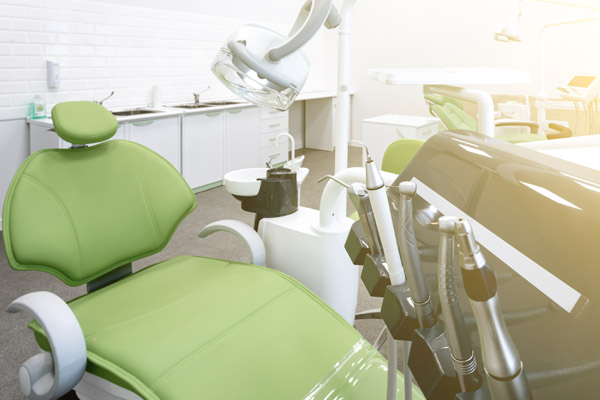 Invisalign® for teens is an invisible straightening tool for your children's teeth. Invisalign uses custom, clear aligners to straighten teeth. Patients receive Invisalign aligners every two weeks. The custom trays move teeth gradually.
Invisalign® for teens is an invisible straightening tool for your children's teeth. Invisalign uses custom, clear aligners to straighten teeth. Patients receive Invisalign aligners every two weeks. The custom trays move teeth gradually.
Seeking Invisalign for your teen
When most people think about metal braces, they may think about teenagers. However, not all teenagers require traditional braces. Some teenagers may benefit from clear aligners.
Finding a dentist
When considering Invisalign, most parents want to know where to find a dentist to offer them. Many general dentists offer Invisalign to their teen and adult patients.
Seeing a general dentist for teeth straightening is convenient. Invisalign provides the custom trays, but the general dentist can diagnose your teen's problem and decide the right route to take to fix the teen's smile. Additionally, teens can receive all of their oral care under one roof. Patients can ask their general dentist about Invisalign as an option.
Dentists take digital scans, X-rays, and photographs of the patient's teeth. Next, the professional sends the model of the teeth to the Invisalign laboratory. Once the trays arrive, the dentists test the fit. Sometimes dentists may install small, clear buttons to the teeth to help the aligners stay put.
Seeking eligibility
A dentist can assess their patients' teeth to determine if they should try Invisalign. Patients require methods other than Invisalign for severe dental malformations, crooked teeth, and malocclusions. However, Invisalign can treat the following:
- Crossbites
- Gaps
- Crowded teeth
- Unusual tooth shapes
- Overbites
- Underbites
Teens may also benefit from Invisalign because they can remove the trays. Kids can play sports without worrying about injuries from their braces. Metal braces can cause sore spots within the mouth, inside of the lips, and on the cheeks. Invisalign may cause less irritation.
Kids who have a lot of dental anxiety may benefit from Invisalign. The process requires less time in the chair than traditional braces. Likewise, kids have fewer restrictions with clear aligners. They can eat most foods they usually enjoy without worrying about damage.
Ensuring compliance
Most teenagers do not have the same sense of responsibility as adult patients. Teens can remove their Invisalign trays, but they still need to wear them for 20 to 22 hours every day. Teens may want to remove them during a sports game or band practice. Unfortunately, with the freedom, some teens may choose to wear their braces less.
Invisalign for teens solves the problem of kids choosing not to wear the aligners by including a blue dot on the aligners. The blue dot fades or changes color when the teen wears the aligner. If you notice the blue dot does not change, your teen may take the aligners out too often.
Conclusion
Many general dentists offer Invisalign for teens to their patients. If you have teenagers, they may want an alternative to traditional metal braces. After all, teens tend to feel less self-conscious when using dental aligners. Kids with clear aligners have more freedom to engage in sports and other extracurricular activities without worrying about injuries.
Request an appointment or call Eric A. Larson DDS at 801-871-8983 for an appointment in our Salt Lake City office.
Related Posts
Many families with adolescents in need of straighter smiles are opting for Invisalign® for teens over traditional braces. Braces use wires and frequent adjustments to straighten each tooth individually. Invisalign clear aligners straighten all the teeth at once and are swapped out for new ones about every two weeks during the process. These aligners are…
Misaligned teeth are not just an aesthetic issue; they can lead to numerous problems, including oral pain, speech, and digestive issues, and increased tooth decay and gum disease. Invisalign® for teens is very effective in straightening teeth for improved confidence and better oral health. This type of treatment also offers unique perks that traditional braces…
There are various options for straightening teeth. Invisalign® for teens is a popular option for this age group, as it is less obvious than traditional metal braces. Invisalign consists of clear trays that fit over the top and bottom rows of teeth. This straightening method has many benefits. However, not everyone is a good candidate.…


